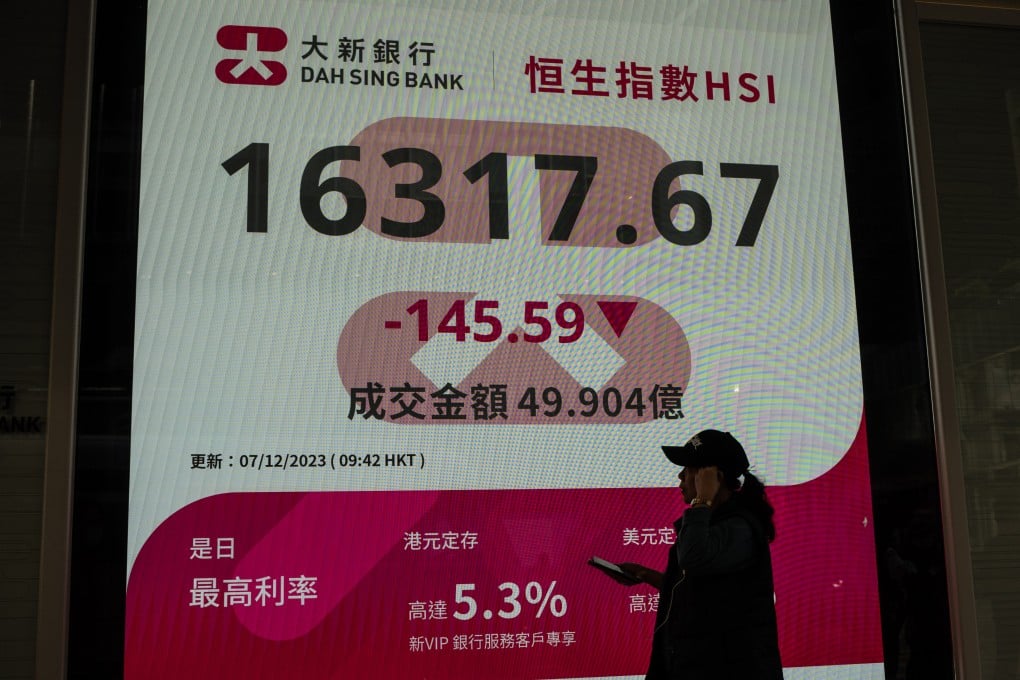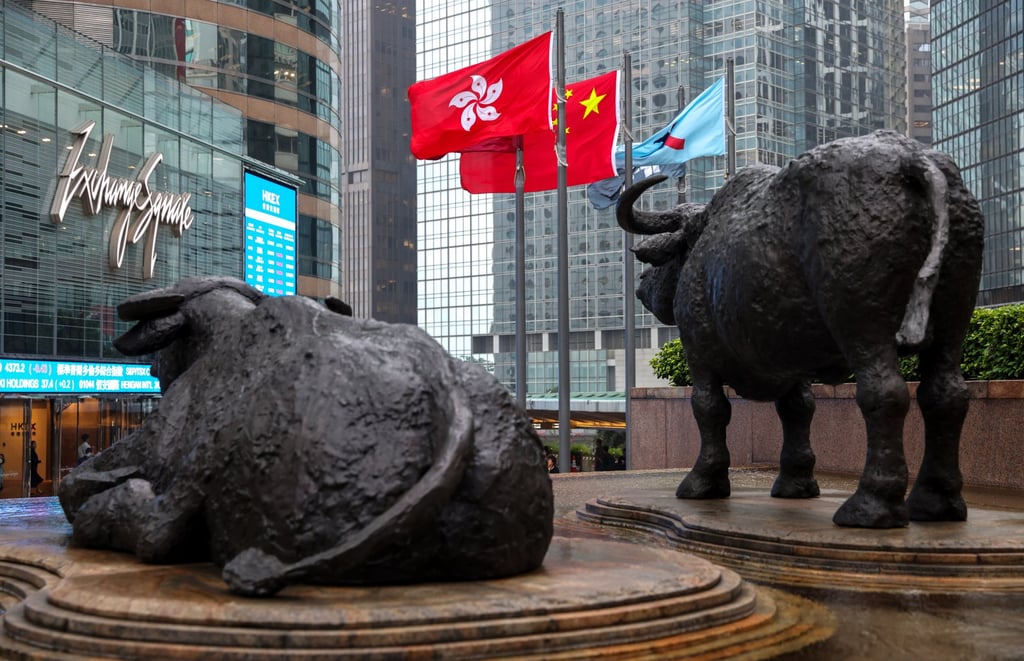Opinion | Beijing needs to come up with a better strategy to defend Hong Kong’s status as an international financial centre
- It would be difficult to find any Chinese household that is financially worse off now than in 1997, as China’s per capita GDP has increased 15 times during the period
- Listed companies are lining up to go private because the market can no longer provide a fair price, or there is no prospect for future capital raising

The weakness cannot be justified by economic fundamentals. China’s economic boom in the last quarter century is probably the most spectacular growth story in human history. It would be difficult to find any Chinese household that is financially worse off now than in 1997 as China’s per capita GDP, measured in dollar terms, has increased 15 times to over US$12,000 from about US$800 during the period. If Hong Kong is meant to be a vehicle for investors to “share” China’s growth, it has failed in its mission.
By international comparison, the Dow Jones Industrial Average, a benchmark of stocks trading in New York, has increased four times since 1997, while the FTSE 100 benchmark in London has nearly doubled. Hong Kong’s position in “Nylonkong”, the term coined by Time magazine in 2008 to describe the New York-London-Hong Kong globalised financial hubs, is endangered.
Some people try to play down the importance of the stock market, arguing that Hong Kong’s financial significance should be defined by a range of measures, from assets under management to the number of banks in the city, instead of by the benchmark stock index. The argument has a point – and there are surely other indicators to show Hong Kong’s financial standing – but under the current circumstances, it looks like a clumsy excuse to cover up an unpleasant reality.
An attractive and strong capital market is a must for any financial centre. The consequence of an ailing capital market is dire, and the facts fly in the face of Hong Kong after four bad years. For hundreds of listed companies in Hong Kong, the market is dead as there are no buyers or sellers of their stocks for most of the trading day. Listed companies are lining up to go private because the market can no longer provide a fair price, or there is no prospect for future capital raising.
As Jakarta is ahead of Hong Kong in terms of initial public offerings and the India stock market is catching up in terms of market cap, the long-term damage to the city’s status cannot be overlooked. In Hong Kong’s central business district, many investment houses are trimming their China teams, and it is not unusual to benchmark a portfolio on “ex-China or ex-Hong Kong” indices. It is no longer convincing to assign all the blame on cyclical factors such as rate hikes by the Federal Reserve.

As Beijing’s strategies and policies are key to Hong Kong’s future, the central government needs to be clear on its commitment to the city’s financial role. When Zhu Rongji, China’s former premier, declared two decades ago that Beijing would support Hong Kong “at all cost”, the world got the message. A worrying sign in recent years is that Beijing’s attention to Hong Kong has been dominated by national security and law and order issues, and discussion about the city’s role as a financial centre has been relatively quiet.
